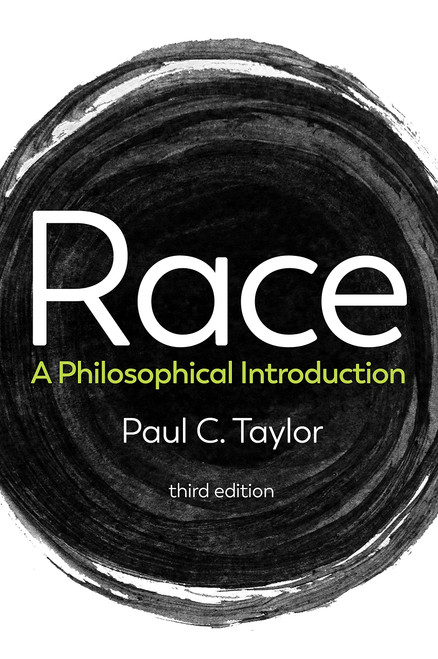For students with little or no background in the subject, the pursuit of philosophical knowledge can be a difficult and confusing enterprise. In order to formulate their own personal worldviews, students need to know how and where to begin, what choices they have, and why anyone would adopt one basic belief over another.
Philosophical Dilemmas: A Pro and Con Introduction to the Major Questions, Third Edition, outlines the principal positions that philosophers have articulated through the ages, helping students to understand what philosophers do and how they do it. Comprehensive and lucidly written, it features sixty-four brief essays--arranged in sets of two or three--on thirty-one important questions. The essays are arguments that author Phil Washburn has either created or recreated, rather than excerpts from the work of philosophers. With affirmative and negative responses, each set answers one of the standard philosophical questions, such as Does God exist? or Is morality relative? Each essay takes a definite stand and promotes it vigorously, creating a sharp contrast between the two positions and giving each abstract theory a more personal and believable voice. While the essays often employ traditional arguments of great philosophers, they present the ideas in contemporary language with vivid examples. The accessible style and conflicting answers encourage students to examine the different positions and to think carefully about which essay makes the stronger case. In contrast with other textbooks, which often present a series of excerpts and theories without attempting to coordinate them into a larger picture, Philosophical Dilemmas teaches students about the process of thinking philosophically and encourages them to construct their own coherent worldviews. This third edition features two new sections (four new essays) on the meaning of life and on personal identity, expanded and updated annotated bibliographies, and an appendix, How to Write an Essay.
Philosophical Dilemmas, Third Edition, offers numerous pedagogical features including an introduction to each issue, a list of historical parallels, key terms, chapter summaries, a glossary, and critical study questions following each essay. Brief sections throughout the book describe numerous critical thinking techniques demonstrated by the essays. An annotated bibliography of historical examples for each issue and useful lists of contemporary sources further enhance the text's utility. An Instructor's Manual, including chapter summaries, writing assignments, and test questions, is available on CD.
Philosophical Dilemmas: A Pro and Con Introduction to the Major Questions
$59.43 - $300.00
- UPC:
- 9780195314649
- Maximum Purchase:
- 3 units
- Binding:
- Paperback
- Publication Date:
- 2007-12-26
- Release Date:
- 2007-12-26
- Author:
- Phil Washburn
- Language:
- english
- Edition:
- 3










